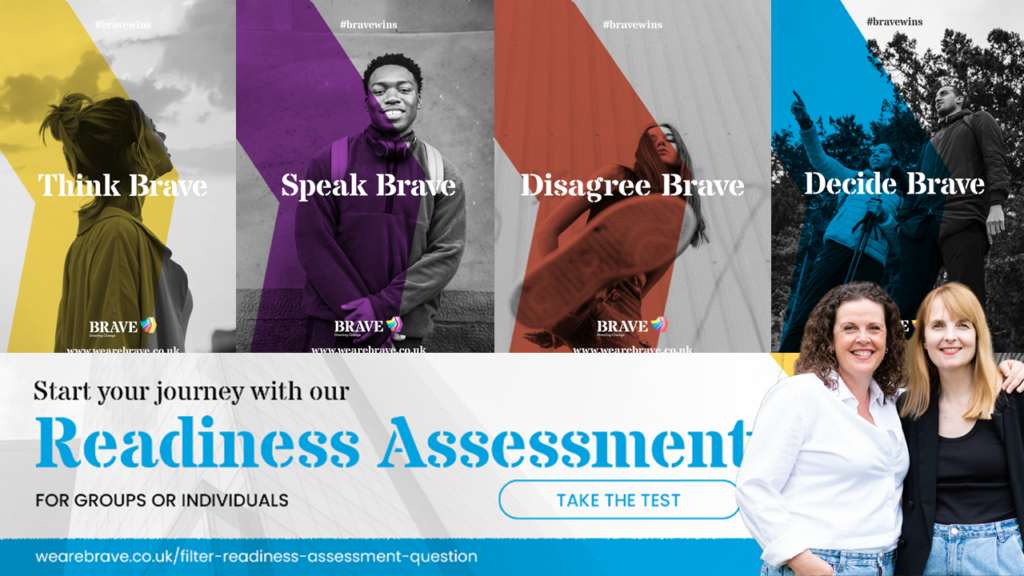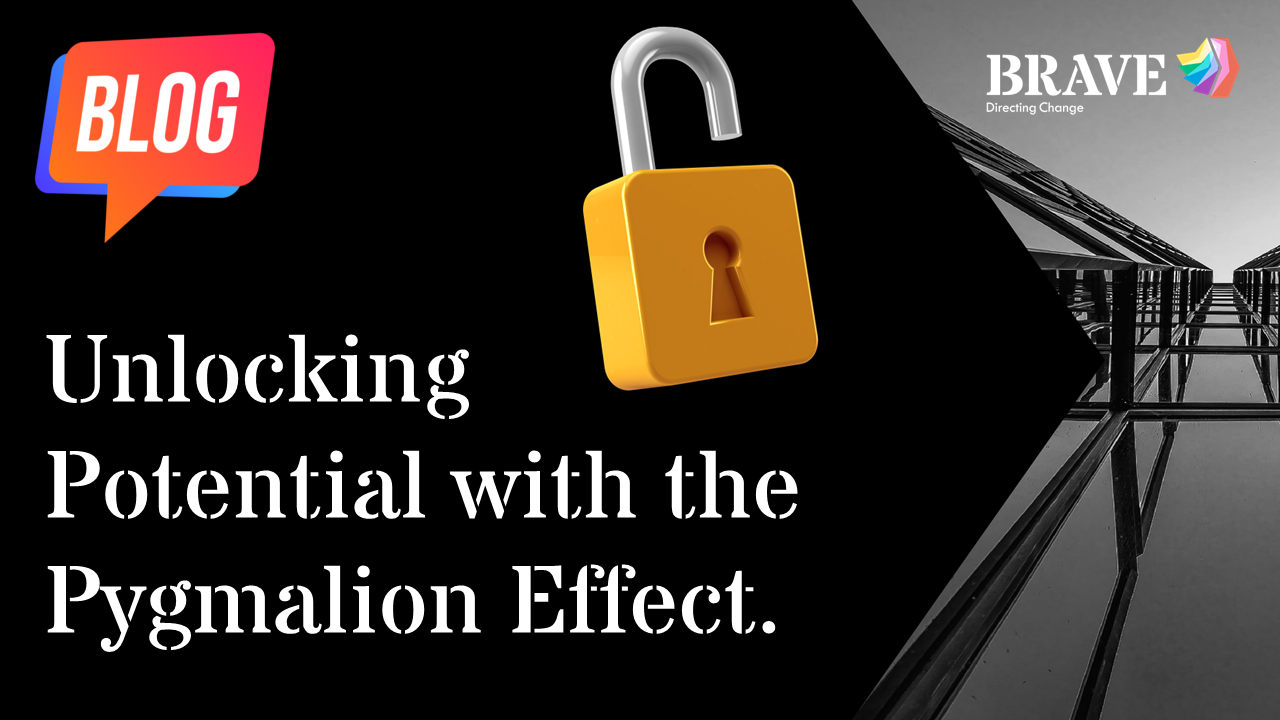By now you’ll already know that regularly revisiting any business goals is crucial to ensure that your business remains on track and adapts to any unforeseen changes in the market. Everything changes at a rate of knots, so it’s rare to be chasing the exact same thing your forecasted over 6 months ago.
The perfect time for a checkpoint is mid year.
Reviewing business goals halfway through the year provides an opportunity to evaluate your performance, identify new challenges, recognise successes and most importantly take action where you need to.
Building in time for a reflection period allows you to make strategic adjustments, such as reallocating resources, revising budgets, provide training or coaching solutions or even to simply shift priorities to match the current state of play. A mid-year review also fosters accountability and motivation among your team, ensuring everyone is aligned with their objectives and a reminder of why they are doing what they do!
Ultimately, a mid-year review is about staying agile and responsive, setting your business up for success for the remainder of the year.
If you’ve recently done this and need training, coaching or other BRAVE interventions now is the time to reach out. BRAVE isn’t just about conflict resolution, we can help you challenge the status quo, change the norm and be BRAVE.
Not sure where to start?


